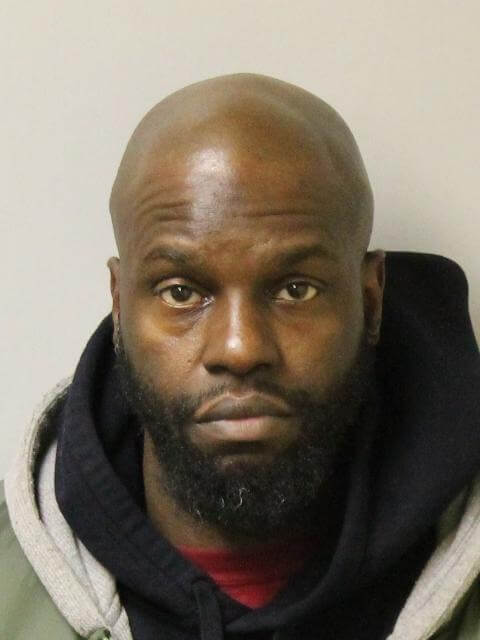The downfall of Bill Cosby famously began in October 2014 after comedian Hannibal Buressragged onCosbyduring a stand-up show at the Trocadero in Philly,repeatedly calling him a “rapist.” Except there’s one problem with that statement now that he is facing a court of law:Cosby is not charged with rape. He is charged with indecent sexual assault.
In thedays since Cosby was arraigned by Montgomery County prosecutors, most media have used the phrase”sexual assault” when referring to the charges againstCosby. While Cosby’s alleged crime occurred in 2004, according to the FBI’s 2012 re-definition of the crime, the acts alleged would be classified as rape. The FBI now defines rape as “the penetration, no matter how slight, of the vagina or anus with any body part or object, or oral penetration by a sex organ of another person, without the consent of the victim.” RELATED:Cosby victim thought drug was ‘medicine,’ kept silence for a year: court documents Some say that the federal definition, which is not used for prosecution but for federal record-keeping, should be embraced as it treats any kind of sexual violation as rape, which has been historically considered one of the most abhorrent crimes. “There is never ‘just a sexual assault’ to the person who experienced it,” said Stephanie DeCandia, director of programs at the Boston Area Rape Crisis Center.
“We work with clients who define what happened to them as rape, yet in the criminal system the offender is charged with an indecent assault and battery because that is the charge the evidence in the case will allow,” DeCandia said. “That can be frustrating for survivors because they feel that what fully happened to them is being minimized or ignored.” RELATED:Tiny town bore brunt of Cosby media circus The definition of rape is the subject of ongoing lively discussions, as anti-rape activists claim for example that U.S. colleges have an epidemic of rape, while some including Harvard Law School professors have questioned the legality of college proceedings on rape. “We’re moving toward understanding sexual offenses as being deeply tied up with sexual autonomy, and charges shouldn’t require force — non-consent should be enough,”said Villanova University Law ProfessorMichelle Madden Dempsey.”That’s all the more true becausebecause there are so many cases like the Cosby case where someone is incapacitated, or when someone isexperiencingwhat psychologists call being ‘frozen in fear.'” In Pennsylvania law, rape would only apply if the incident involved sexual intercourse. That definition is problematic for a number of reasons, Dempsey said — including that it’s difficult to secure a rape conviction.
“Since the 1970s, various jurisdictions havemodernized their sexual offenses in a numberof ways. Many states decided to drop the label rape and make the most egregious crime ‘sexual assault,'” she said. “The really old fashioned definition of rape … required physical resistance by the victim, both use of force and non-consent. It was quite a difficult definition to satisfy from the prosecutor’s perspective.” In the infamous 1994 Pennsylvania Supreme Court Berkowitz decision, a man had his rape conviction overturned because the act did not include the use of force, Dempsey pointed out.
“In response, the Pennsylvania legislature … came up with sexual assault for an offense that involves penetration without consent,” Dempsey said. “We count things like touching as criminal assault and battery if they’re done without consent. If they’re sexual in nature, if they involve penis going into someone’s vagina or anus or what have you, it seems logical we should count that kind of conduct as sexual assault as well.” DeCandia also said legal realities often limit what a person is charged with.
“The legal definitions and statutory titles are very fact specific and charges brought are most often dependent on the facts that the prosecution believe can be proven to meet the legal definitions,” she said. “This is why it’s helpful for everyone to not view the criminal justice system as the be-all end-all for defining what is sexual violence and whether or not it happened, and that it is not the only recourse for justice or healing.” As far as whether or not Buress was right to call Cosby a rapist, Dempsey said she didn’t think it qualified as libel.
“The understanding of those words covers roughly the behavior he has allegedly done,” she said. “It’s not a legal misrepresentation. But he is only accused.”
Cosby case brings up definition of rape

Getty Images
To get into the explicit details of the allegations against Cosby, prosecutors say that in 2004,after giving pills believed to be Quaaludes to a young woman inside his Elkins Park mansion, Cosby groped her bare breast, digitally penetrated her and placed her hand on his penis.
































